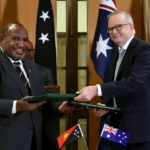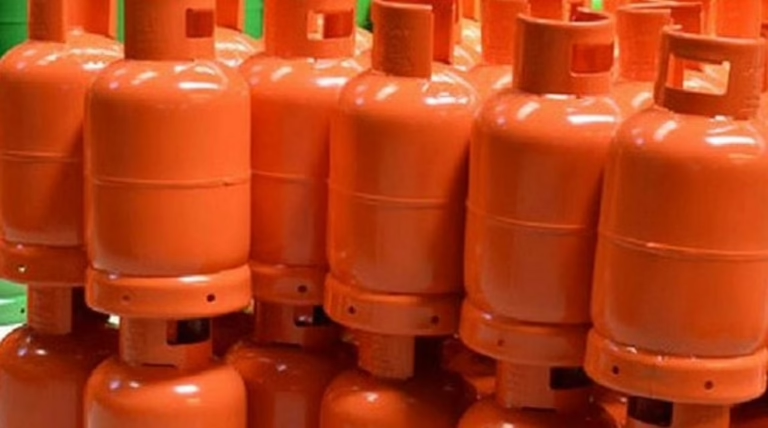Major urban centers in Nigeria, such as Lagos, Ogun, and Ibadan, are currently grappling with a severe shortage of liquefied petroleum gas (LPG), commonly known as cooking gas. This scarcity has triggered a steep rise in prices and limited availability, primarily due to a recent three-day strike by oil workers that disrupted the national gas supply chain.
Similar price surges have been reported in other regions, including Port Harcourt, Cross River, Kano, and Kaduna States, reflecting the widespread impact of the supply interruption.
Last week, the Petroleum and Natural Gas Senior Staff Association of Nigeria (PENGASSAN) initiated a nationwide strike to protest against staff layoffs at the Dangote Refinery, which significantly contributed to the supply constraints.
Although the strike has since been called off, gas vendors report that the supply disruption led to rationing, depletion of inventories at numerous outlets, and a sharp increase in prices-from around N1,000 to as high as N1,800 per kilogram in the hardest-hit areas.
In Abuja, for instance, the cost to refill a 12.5kg LPG cylinder surged from N13,000 to between N17,000 and N18,750, depending on the district. Commercial hubs like Wuse, Garki, and Kubwa have seen 1kg of LPG retailing between N1,350 and N1,500, with some outlets in Jabi pricing 12.5kg cylinders at approximately N17,000.
By Sunday morning, many retailers were out of stock, and those with remaining supplies had raised their prices significantly.
The scarcity has also heavily impacted Lagos and Ogun State, where LPG prices escalated sharply over the weekend. Last week, 1kg of gas was priced at N1,000 in Lagos and N1,100 in Ogun. However, by Friday, prices climbed to N1,300, rising further to N1,400 on Saturday. On Sunday, consumers reported paying between N1,500 and N1,800 per kilogram at various outlets.
An attendant at a gas station on Ibogun Road in Ogun State’s Ifo Local Government Area revealed that the shortage began the previous Tuesday when their supplier failed to deliver the expected quantity. The station had been rationing its remaining stock, which was exhausted by Saturday.
Many retail points visited had completely run out of LPG, while those with stock were charging up to N1,800 per kilogram.
Mrs. Oluwole Adenike, a resident of Ogun State, shared her experience of visiting two gas stations without success before purchasing 2kg of LPG from a neighborhood retailer at N1,800 per kilogram. “I only bought a small amount until the supply stabilizes,” she explained.
Similarly, Lagos resident Mr. Temidayo Ogunbowale noticed the shortage starting Thursday when he attempted to refill his cylinder. He recalled paying N1,000 per kilogram for his previous refill but had to pay N1,300 per kilogram during his recent purchase.
In Ibadan, Oyo State, the LPG shortage has also become pronounced, with residents scrambling to secure the essential fuel. Since Friday, many wholesale and retail outlets have been unable to dispense LPG due to limited supplies.
Where available, the demand surge has driven prices upward. Wholesale prices for a kilogram of LPG, which previously ranged from N900 to N950, have climbed to between N1,000 and N1,100. Retail prices have similarly increased from N1,100-N1,300 to N1,300-N1,500, with some remote areas charging over N1,500 per kilogram.
At BOVAS Petroleum Station, a kilogram of LPG was sold for N1,070 on Saturday, October 4, 2025, compared to N970 on September 15, 2025, illustrating the rapid price escalation.
Communities such as Awotan and Apete in Ido Local Government Area are experiencing similar shortages. One resident reported purchasing LPG at Gasland station in Olodo for N1,000 per kilogram on Thursday, a significant increase from previous months. “The scarcity is real, and prices have gone up,” she said.
Another local noted the unusually long queues and speculated that the shortage might be linked to ongoing disputes involving tanker drivers and the Dangote Refinery, which have disrupted distribution.
A retailer in Awotan, who preferred to remain anonymous, confirmed that most outlets are currently out of stock. “We don’t have LPG now. The last batch we sold was at N1,400 per kilogram,” the vendor disclosed.






















